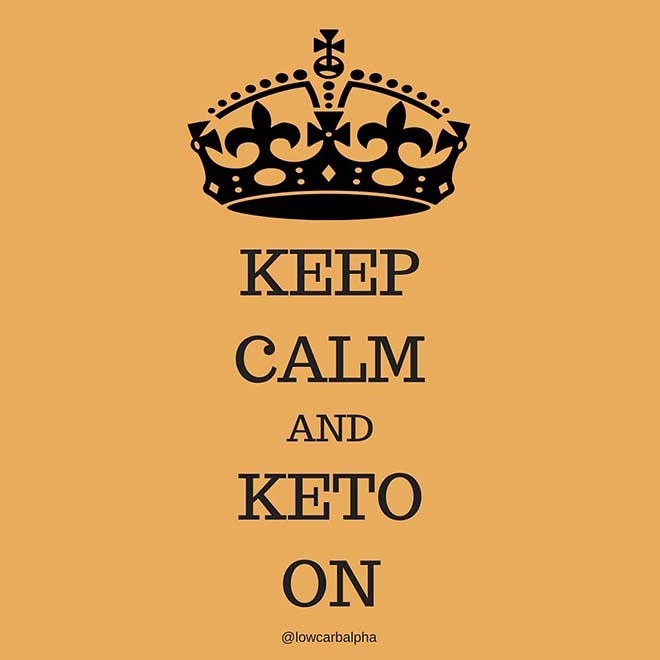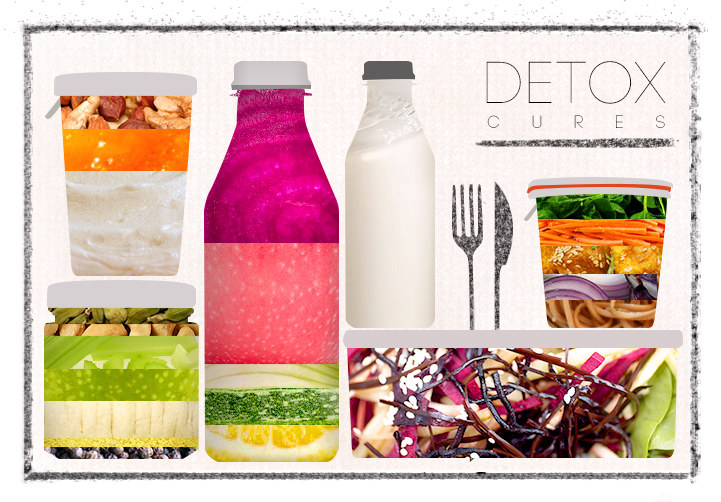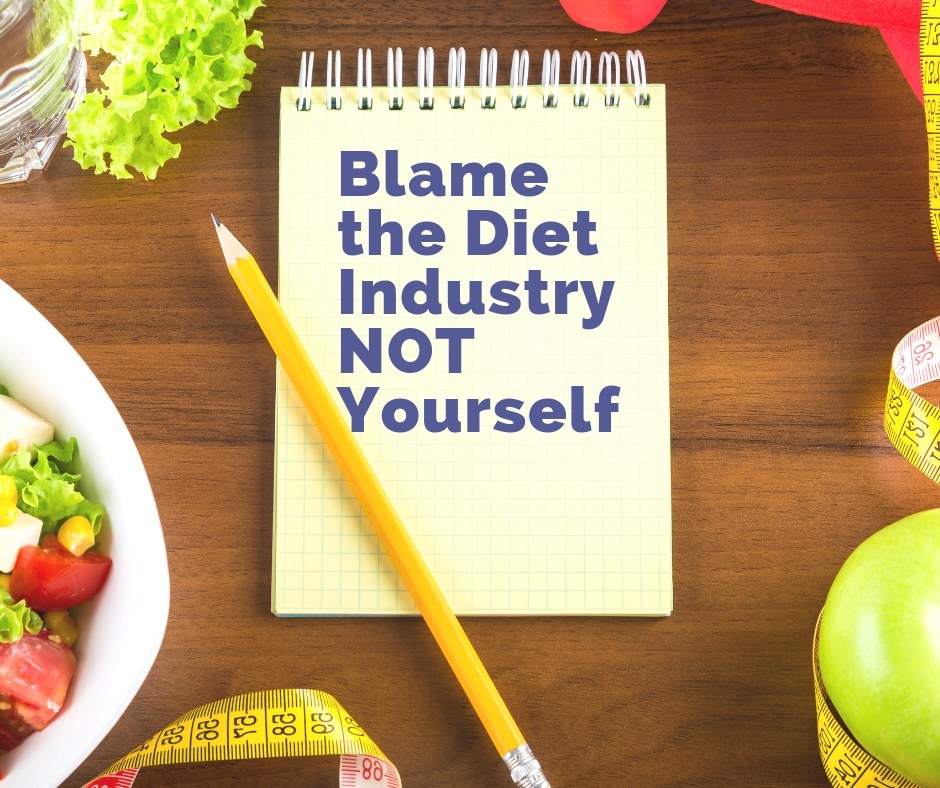No one was happy when Weight Watchers came for the kids
In August, WW, formerly known as Weight Watchers, landed in hot water when it relaunched Kurbo, the app they bought for $3 million, and called it their solution to childhood obesity. The new app, called "Kurbo by WW" is targeted at kids as young as the age of eight, which is not a good look, especially after WW recently faced similar backlash for offering their existing app for teens aged 13-18 for free.
Besides a slew of Twitter users posting their concern disappointment with the company's targeting of children, The National Eating Disorder Association (NEDA) itself even weighed in on the controversy.
Twitter users weren't having it
#Kurbo is so dystopian. It sounds like an SNL skit. We’ve become so obsessed with “wellness” as a culture that there’s a WEIGHT LOSS APP FOR CHILDREN?! What is this??? #WakeUpWeightWatchers @ww_us @jameelajamil
I downloaded #kurbo to see how ridiculous it really is, and it's even worse than I though. Hummus is a red light food. That's right, there is a diet app forbidding children from eating hummus. WTF. #KurboKills
Oh, and I said I’d done an hour EACH of running, rowing, and cycling that day. Basically I handed #kurbo a portrait of orthorexia/anorexia on a silver platter and it failed to recognize it.
Doctors weren't having it
Weight Watchers @ww_us says they consulted with experts and that #kurbo won’t impact eating disorders. Are those experts aware that this app directly contradicts advice from the @AmerAcadPeds? @BalancedTx #wakeupweightwatchers
NEDA certainly was not having it
As the nation’s leading organization serving people affected by eating disorders, NEDA is compelled to express our concerns about the new Kurbo by @ww_us app. Read our full statement here: https://t.co/ZTb10QZKNC
The hashtag #WakeUpWeightWatchers revitalized and has been trending on Twitter on and off again, essentially telling the diet industry that they can shove it if they think we're letting our kids worry about weight loss at the age of EIGHT. Seriously, eight.
As far as wins in the field of taking down the behemoth of the weight loss industry
Meanwhile, Facebook and Instagram recently announced that they are blocking all users under the age of 18 from seeing the onslaught of promotions for "miracle diet" products and cosmetic procedures on their platforms. Instagram specifically is known for being the site of choice for influencers (looking at you, Kardashians) to promote their miracle solution weight loss and detox pills, wraps, teas, lollipops and whatever else they've come up with to make a buck. Though social media users pointed out that both platforms still have a lot of work to do monitoring toxic content on their sites, this announcement was received in a decisively more positive way than WW's recent schtick.
#CivilChat Instagram users under 18 will soon be blocked from seeing posts promoting certain cosmetic surgery and diet products. A spokesperson from Instagram said that it's about reducing the pressure that people can feeling using social media.
Some good news!👏👏👏 Instagram is banning the advertising of 'miracle' (aka rubbish) weight loss products, and users under the age of 18 will not be shown content that promotes the purchase of diet products or cosmetic surgery - https://t.co/Oenh8FcD5F
With new body-positive moments consistently on the rise (#iweigh,) and norms that promote outdated standards of beauty and diet being questioned on the reg (RIP Victoria's Secret Fashion Show), it's definite that we're confronting the ugly truth of the $72 million a year industry in way we haven't before. That said, our "wokeness" has still hit a wall. A lot of our "health and wellness" trends could be unmasked à la Scooby Doo to reveal the same unhealthy habits we've seen before. Yes, even as far back as the shiny '70s sweatsuits and jazzercises videos.
Diets and fitness plans are toxic when they make your entire life about losing weight.
Categorizing foods as "bad or good," making the gym an absolute necessity that you're not allowed to skip, implying that people who are not able to achieve a "goal weight" are somehow lazy, not go-getters, or "unhealthy." A lot of these trends and ideas are those considered warning signs of disordered eating. And yet, when they're branded as "new" healthy and wellness trends, they look a lot more appealing.
Keto, Paleo and "Clean"
Though trendy at different times in the past five to ten years, "keto," "paleo," "clean" and similar diet plans all rely on the same idea of restricting or completely omitting certain types of foods from your diet.

The paleo diet derives from the idea of following the diet plan of hypothetical people from Paleolithic era (2.5 million to 10,000 years ago), which mainly includes lean meats, fish, fruits, vegetables, nuts, seeds, y'k,now, what the "cavemen" would eat. Its biggest trademark is avoiding everything "processed." Clean eating is similar in its mission, aiming to have dieters avoid all "processed" foods and only eat "clean," unaltered "real" food like veggies, meats, fruits, nuts, etc.
And, of course, anyone that's been on the internet in the past two years is familiar with the keto diet, which is based on consuming high-fat and protein foods and minimal to no carbs. This forces the body to enter a state of ketosis, which means it burns fat rather than carbs for energy. Originally, this diet was used for managing symptoms of epilepsy in children and to help some people with diabetes maintain their blood sugar.
The fact that many of these trends started out with good or reasonable intentions does not change how they've actually been practiced and accommodated across popular culture. In fact, paleo and clean eating have seen some decline in popularity both because they promote some gross and elitist ideas of people who don't do it "right," and because they aren't a sustainable way to live.
People who follow the paleo diet are at risk of high cholesterol, kidney and heart disease, certain cancers, vitamin deficiencies, exhaustion and muscular breakdown. People who too strictly follow clean eating are susceptible to similar physical consequences, including insufficient nutrient intake, poor bone health, increased risk of cancers and heart and liver disease and, ironically, an increased rate of obesity.
Our good old friend keto is linked to vomiting, lethargy, weight regain, decreased metabolism, muscular degeneration, and possible coma or more serious complications. Experts have agreed it is also not sustainable, specifically when used for weight loss.
This is all not to mention the social, cultural and emotional impact of an inability to partake in or enjoy "bad" foods. The obsessive and restrictive nature of categorizing foods broadly as "good" or "bad," as well as the emphasis on dietary success as a reflection of personal worth, put many at a higher risk of engaging in disordered eating habits that may impair their day to day ability to function.
Intermittent fasting and "detoxing"
First things first: if your body still has its liver, "detoxing" it isn't necessary. And another thing: we all known, on a base level, that going a very long time without eating is generally not cool for your body. If a stranger walked up to us and told us our body was full of toxins and that we needed a special drink to magically clean it, or that going long periods of time depriving ourselves of eating anything at all would make us super fit, we would probably pull a "Homer Simpson slowly receding back into a bush" move. But when it's marketed to us as the latest health discovery, we believe that our bodies are doing something wrong and that need to do something to fix it. Meanwhile, your liver is like 'please, just let me do my job.'

If you've ever had low blood sugar before, you've probably known it. Weakness, dizziness, heart palpitations or racing, hot flashes and shakiness are some of the most common symptoms and you seriously feel like you're dying. This happens, on a basic level, because your body does not have enough sources or energy to consitently pull from. AKA: not enough food being released as energy into your body. Fasting, intermittent or otherwise, not only messes with your blood sugar, which is both unpleasant and potentially dangerous, but also puts you at risk for not consuming enough of the proper nutrients necessary for functioning when you DO eat.
Detoxing, in a similar vein, is more or less a way to push specific products or bogus practices onto the consumer looking to get healthy, stay healthy, or lose weight. There are no such things as "toxins" in your body that need to be manually purged: your liver literally exists to filer out harmful materials for you. You'd be seriously sick if it wasn't working. Sticking pads to the bottom of your feet, buying special shakes or only eating beans has no proven effects on body, weight or overall health. Basically, they're selling us a placebo effect.

Dieting and healthy eating aren't bad: the diet industry is
So here's the thing — the diet industry sucks, and we've come to realize that more and more as time has gone on. Nowhere days, a lot of badass people are sticking it to the big weight-loss product man, but that doesn't mean the market is going down without a fight.
We know now more than ever about what is healthy and not healthy to eat in the long-term. We've all looked at the food pyramid since we were kids, and we have easily accessible medical information like never before to let us know that cake, while awesome in moderation, probably isn't for every single day consumption. We are educated consumers with a cultural history of doing whatever it takes to lose that weight or look that part. The people making money off of us got savvy, and instead of straight up selling amphetamines and tapeworms saying "this will make you skinny," they instead switched over to "this is to promote a healthy and fit lifestyle, we swear!"
But a lot of the product is more or less the same.
So maybe it's time cancel culture came for these trends too. We don't need you to sell us shit, diet industry. We can take care of ourselves.

